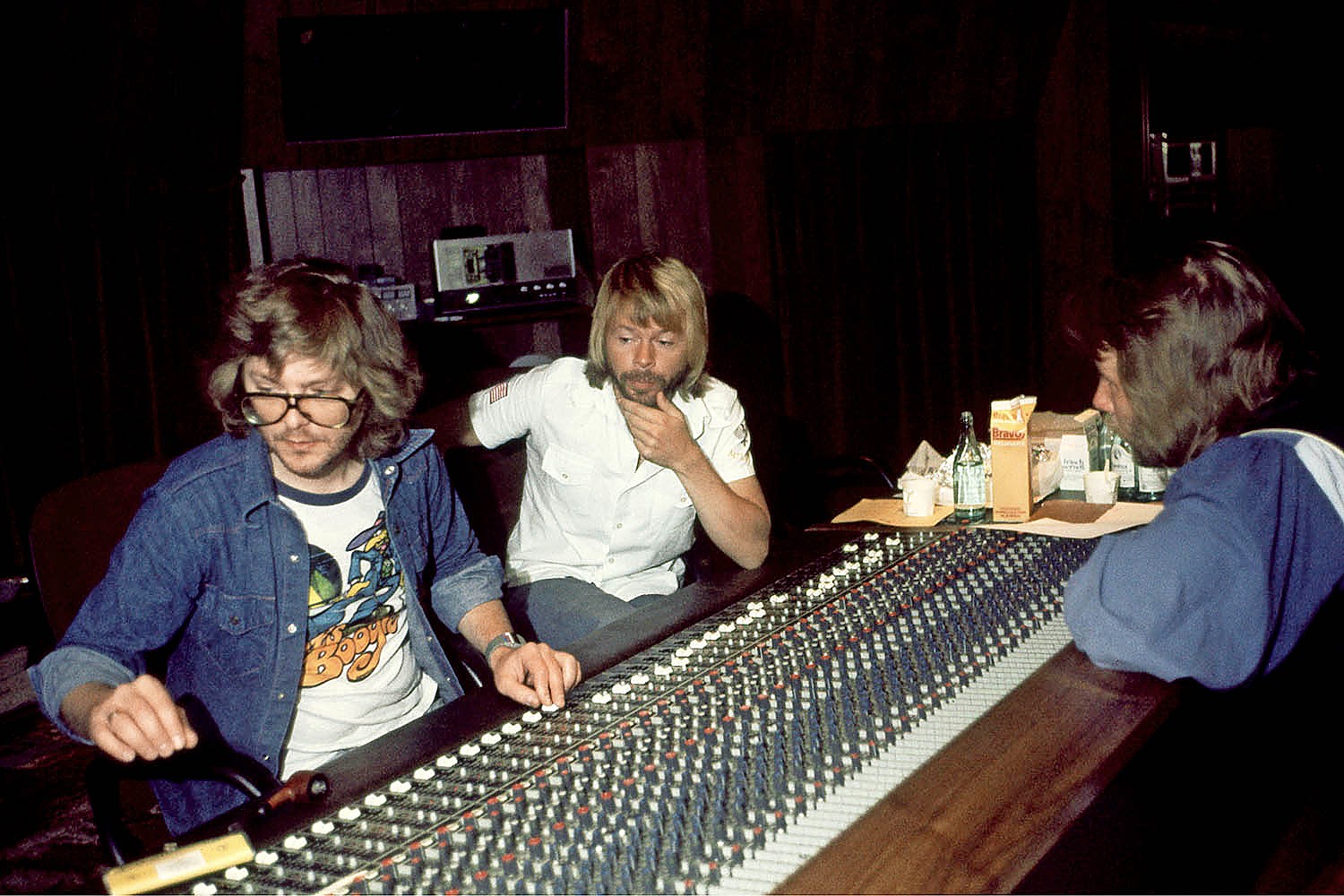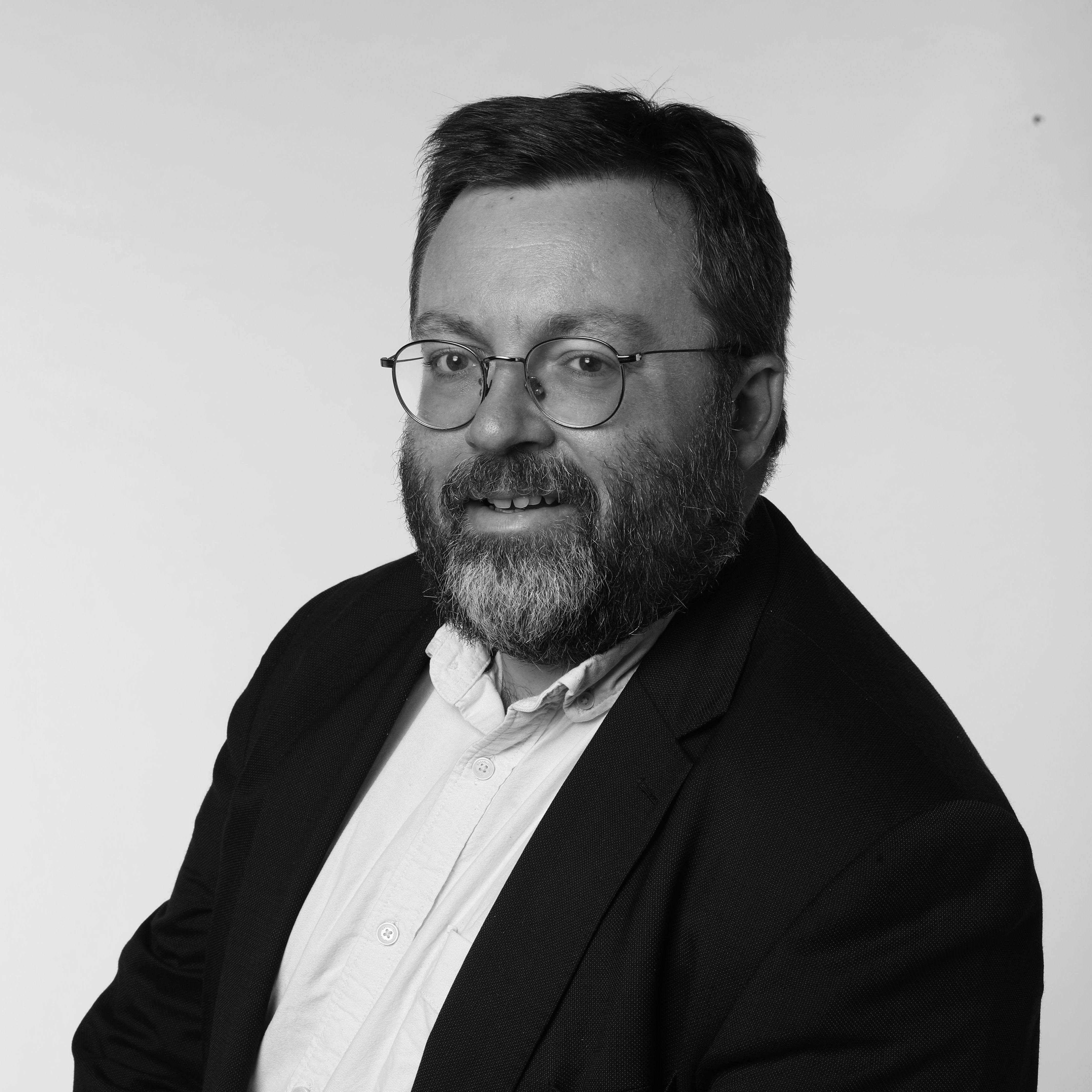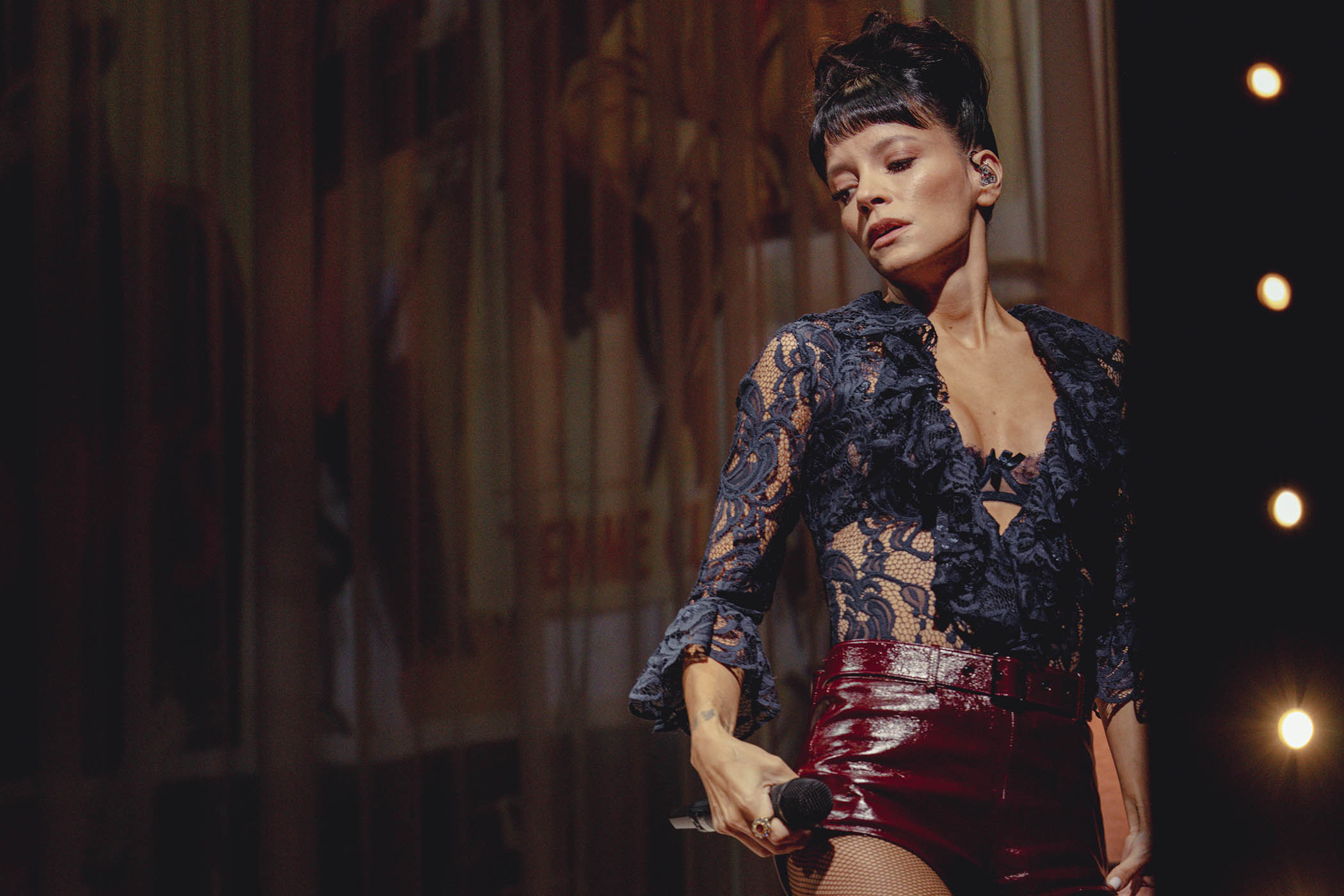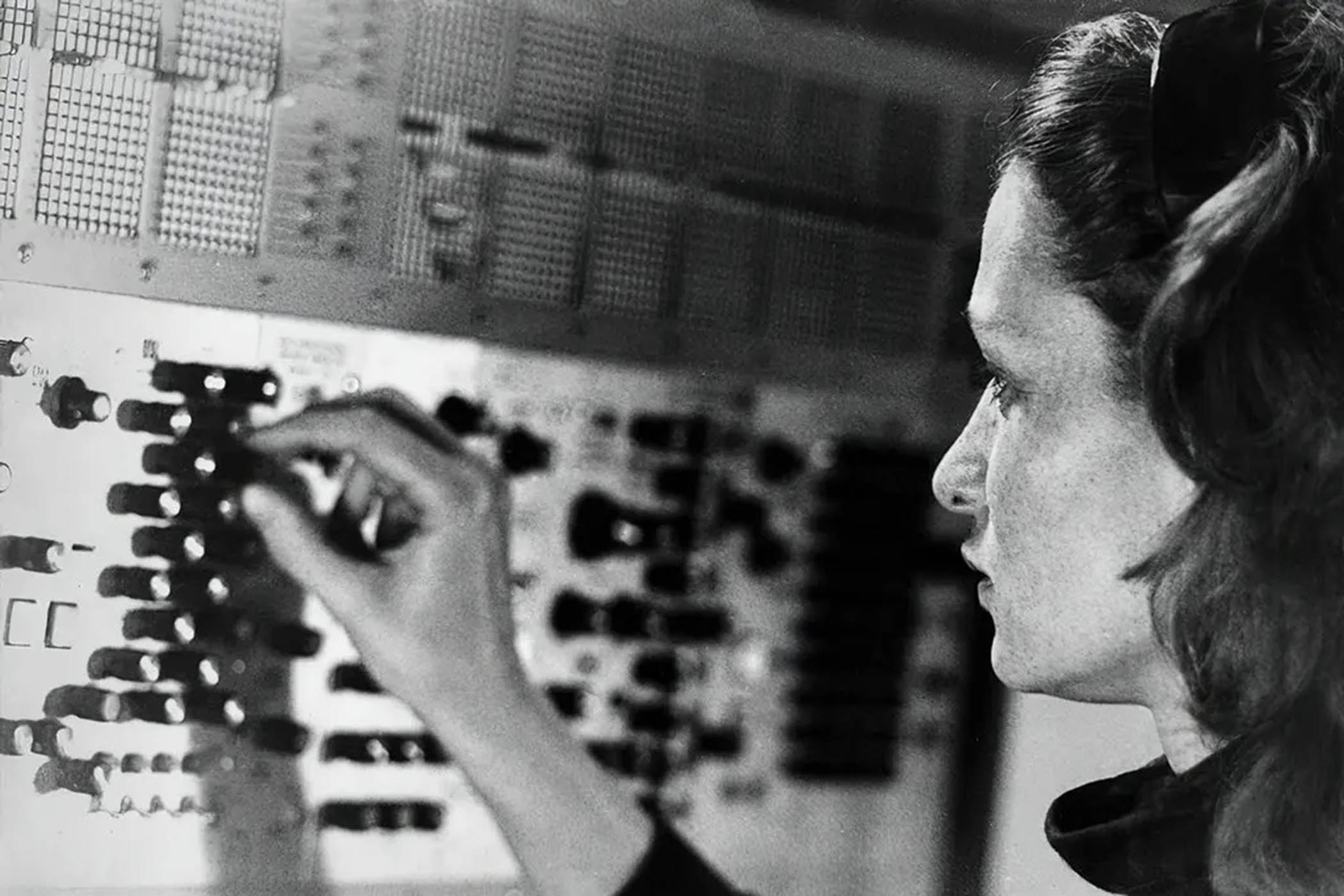Michael B Tretow had little time for the contest that brought his friends fame and fortune. “Eurovision winners were silly and tiresome,” said the man who produced every Abba record for a decade and was credited with giving the Swedish band their distinctive sound. “Not something to build a career on.” Then came Waterloo in 1974. As the song goes, “My! My!”
Björn Ulvaeus and Benny Andersson thought differently. The musicians had been trying to get into Eurovision for years. Andersson had written a song that came second in Melodifestivalen, the national qualifying contest, in 1969 (Anni-Frid Lyngstad, his future wife and bandmate was fourth). Two years later Ulvaeus and Andersson had two entries rejected while their 1972 effort, Say It With a Song, performed by Lena Andersson, came third.
Later that year, they had a chart hit with People Need Love, with vocals by Lyngstad and Agnetha Fältskog, Ulvaeus’s wife. What they needed was a new name, taken from their initials, and a new sound. Enter Tretow, a bearded, pipe-smoking record producer whom Abba historian Carl Magnus Palm said “had a touch of the mad professor in him”.
Bo Michael Tretow was born in Norrköping in 1944. He played guitar in a band called the Crystals and experimented with multi-overdub recordings in his bedroom. Having sent some songs to a record company, he was invited to show off his talents in a real studio. He joined Metronome Studios in 1967. Two years later, he married Lilian. They had two children: Sofia and Rasmus.
Around the time he linked up with Abba, Tretow read Out of His Head, a book by Richard Williams about Phil Spector, which inspired him to copy the producer’s “wall of sound” technique by layering overdubs to simulate an orchestra. Or, as Tretow called it, a “sparkle of sounds”.
After recording tracks for Ring, Ring, the band’s next Eurovision attempt, he found if he played the same instrument twice at slightly different speeds it made a much bigger sound. He tried it on the band. “It was like the roof was caving in,” he recalled. “Björn and Benny were ecstatic. I can still remember how the hair stood up on my arms.”
“Tretow’s study of Spector’s modus operandi, particularly his lavish doubling of instruments and subtle use of echo, enabled him to create a sense of richness and scale that made them compelling,” Williams said this week. “That turned them from a Scandi folk-pop band into something beyond genre and nationality.”
Micke was as important to us as George Martin was to the Beatles
Micke was as important to us as George Martin was to the Beatles
Even so, the Melodifestivalen judges placed Ring, Ring third, though it would hold the top two places in the singles chart, the Swedish version just ahead of the English. “We don’t write for experts,” Stig Anderson, the band’s manager, said. “We write for people.” Waterloo went platinum the next year, sparking a series of hits that included, in Britain alone, nine No 1 singles and five top-selling studio albums.
Tretow was a keen tinkerer, who moved the position of microphones to see how it affected the sound, placing three by the piano to create a richer layer for such songs as Mamma Mia and SOS, and created original effects by having the guitarist play in a drained swimming pool or filling the bass drum with loaves of bread.
“Micke was as important to us as George Martin was to the Beatles,” Andersson said. The composers welcomed a producer who shared their work ethic, staying up until 3am if they were in the groove. Tretow believed a studio should be a place of fun. He had a talent for mimicry, while they played practical jokes on him, hiding his shoes on top of tall speakers or turning the tray upside-down in his matchbox so they all fell out when he wanted a smoke.
Newsletters
Choose the newsletters you want to receive
View more
For information about how The Observer protects your data, read our Privacy Policy
In 1978, Tretow advised Stig Anderson on specifications for the new Polar Studios in Stockholm. Abba’s first recordings there were Summer Night City and the album Voulez-Vous and it was soon being used by Led Zeppelin and Genesis.
Although he had performed on his own single, Lovin’ Enemy, with Mikael Ramel in 1966, an album in 1976, Let’s Boogie, and a chart-topping nonsense song called Hubba Hubba Zoot-Zoot in 1981 with Caramba, Tretow was happiest behind a mixing desk. After Abba split, he remastered their greatest hits album, Abba Gold, in 1992 and two years later curated a box set of rarities called Thank You for the Music. He also engineered the recording of Chess, Andersson and Ulvaeus’s musical with Tim Rice.
In 2001, shortly after Fältskog asked him to produce her first album since 1987, Tretow suffered a stroke that left him unable to speak for years. Interviewed in 2016, he said he couldn’t remember much of his time with Abba, but they certainly remembered him. “A fantastic inspirer and joy-maker,” Andersson said. “The finest sound engineer the world has ever seen.”
Michael B Tretow, record producer, was born 20 August 1944, died 20 May 2025
Photograph by Oscar Abolafia/TPLP/Getty Images



